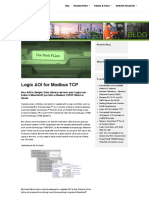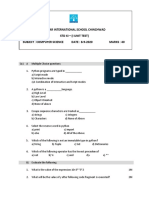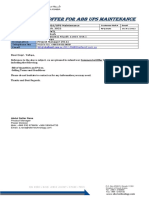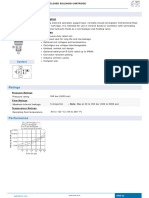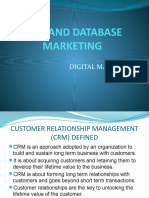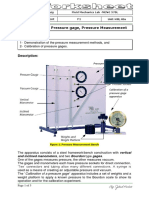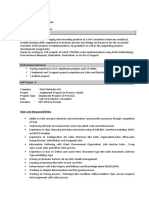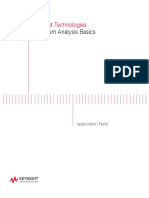0% found this document useful (0 votes)
70 views7 pagesGoods and Beds of The Mobile Phone
This research paper analyzes the benefits and drawbacks of mobile phone usage, highlighting enhanced communication, educational support, and business advantages as key benefits, while addressing issues such as distraction, dependency, privacy concerns, and health implications as significant drawbacks. The study employs a literature review methodology to synthesize findings from various sources, ultimately recommending responsible usage and policy measures to mitigate adverse effects. The conclusion emphasizes the need for a balanced approach to harness the advantages of mobile technology while addressing its challenges.
Uploaded by
knowledgee786Copyright
© © All Rights Reserved
We take content rights seriously. If you suspect this is your content, claim it here.
Available Formats
Download as PDF, TXT or read online on Scribd
0% found this document useful (0 votes)
70 views7 pagesGoods and Beds of The Mobile Phone
This research paper analyzes the benefits and drawbacks of mobile phone usage, highlighting enhanced communication, educational support, and business advantages as key benefits, while addressing issues such as distraction, dependency, privacy concerns, and health implications as significant drawbacks. The study employs a literature review methodology to synthesize findings from various sources, ultimately recommending responsible usage and policy measures to mitigate adverse effects. The conclusion emphasizes the need for a balanced approach to harness the advantages of mobile technology while addressing its challenges.
Uploaded by
knowledgee786Copyright
© © All Rights Reserved
We take content rights seriously. If you suspect this is your content, claim it here.
Available Formats
Download as PDF, TXT or read online on Scribd
/ 7























































